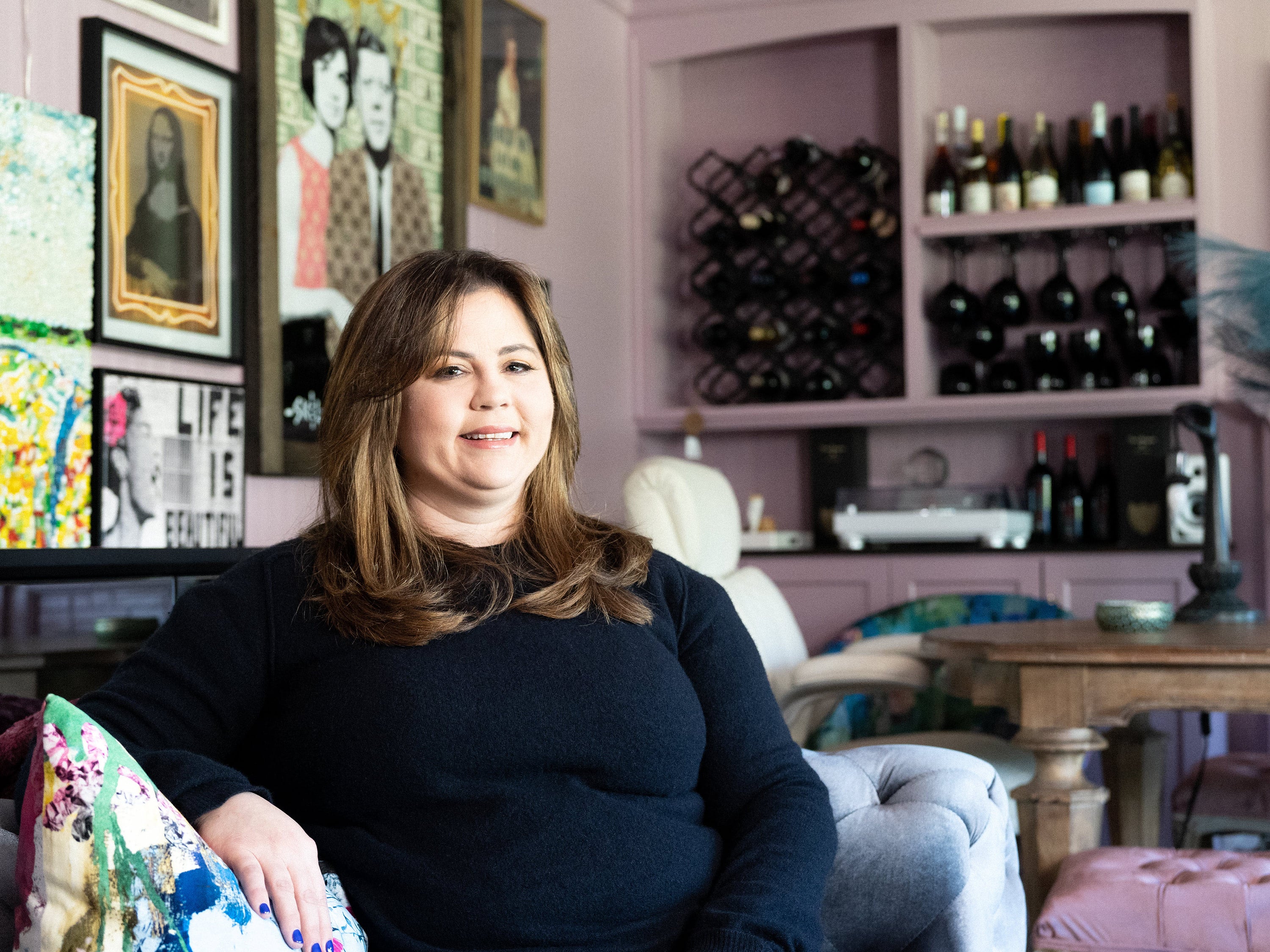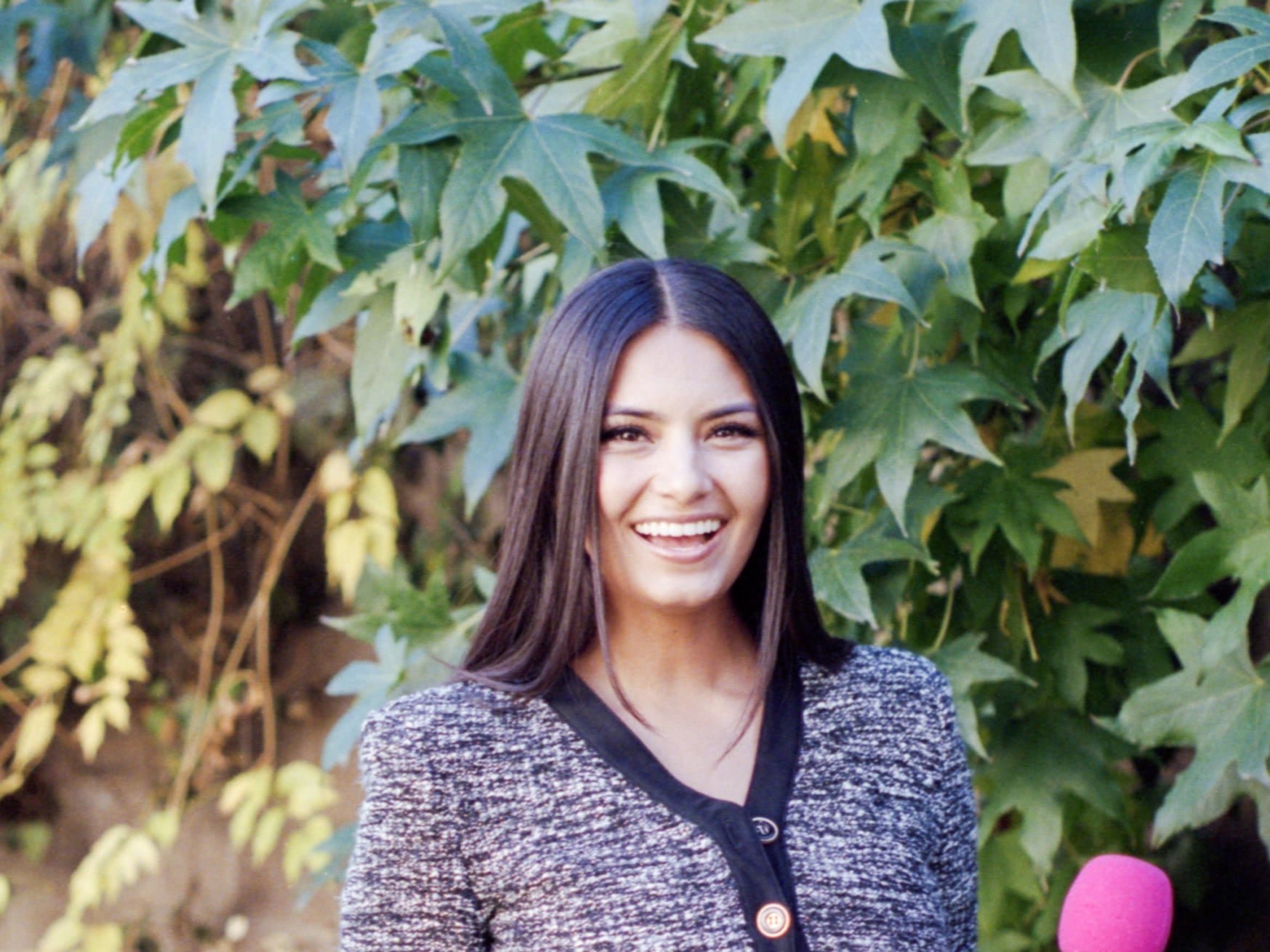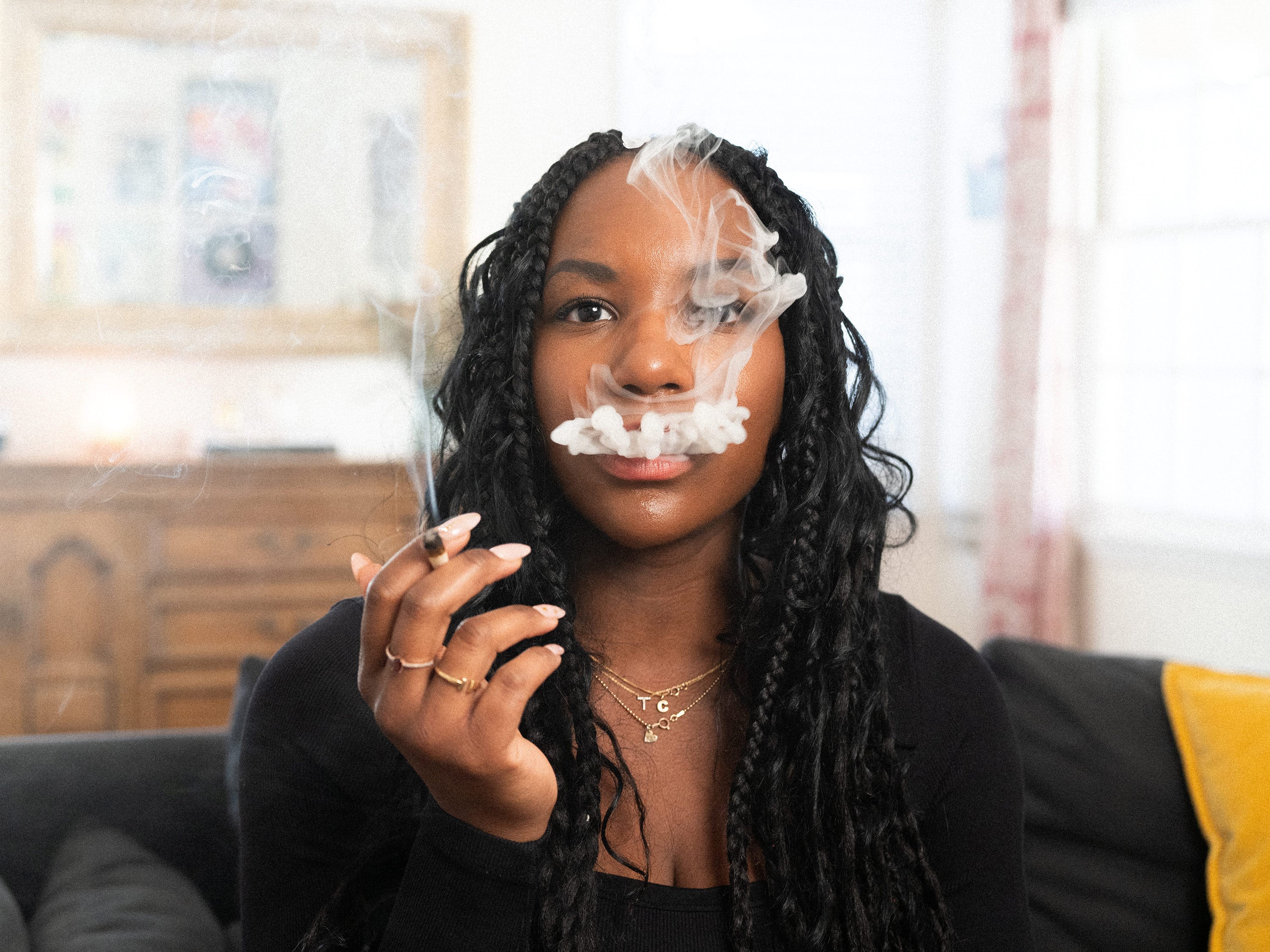The co-founder and co-CEO of Wondermind and CEO of Kicked to the Curb Productions who believes your mental health is your co-star. You’re the star and whatever you have is your co-star. It can be beautiful or it can be traumatic. But if you embrace it and learn how to work with it, it gives you something really powerful.
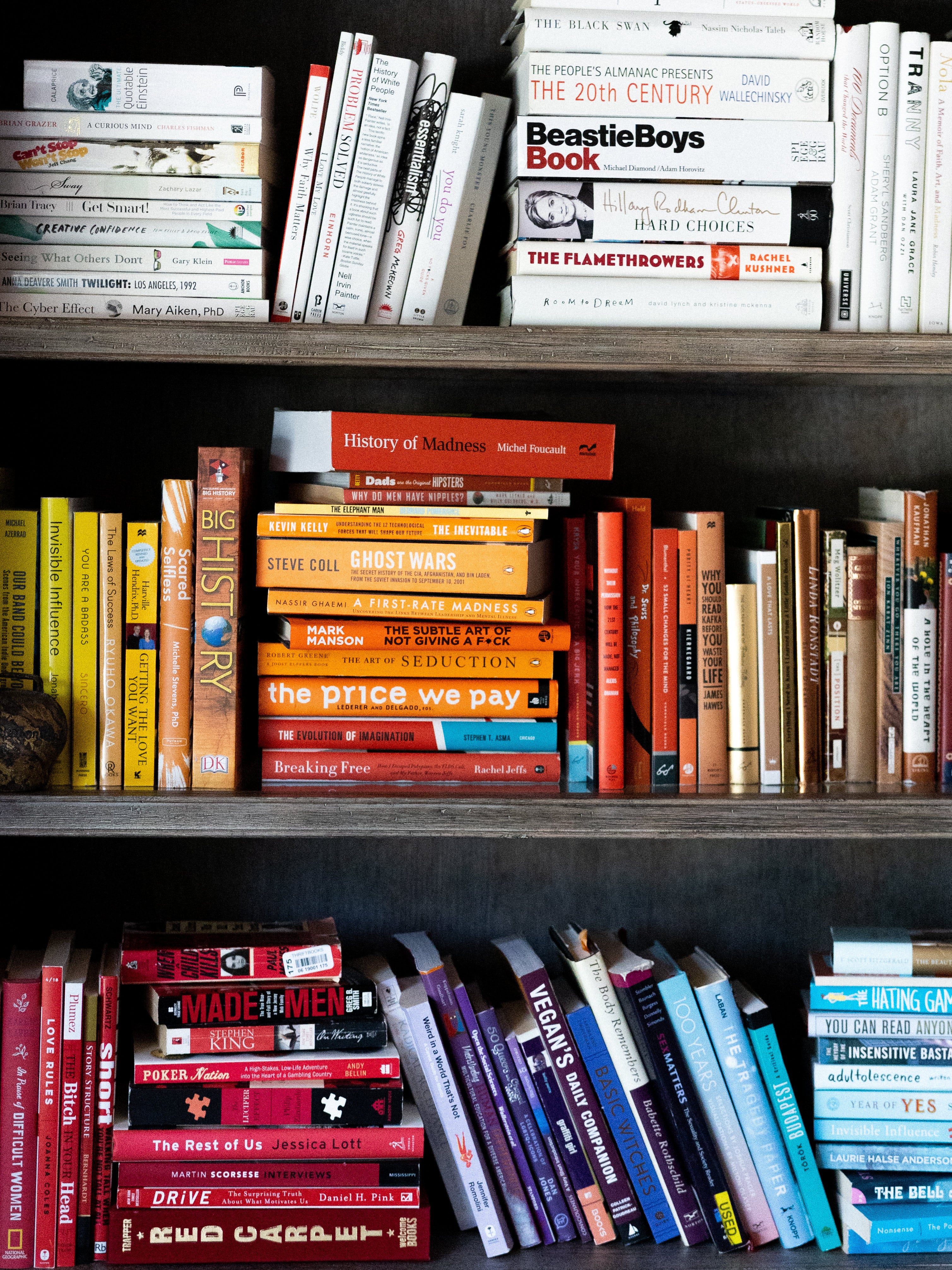
What is meditative for you?
Instead of always meditating, I like to sit on a swing that I have in the house that looks outside at the front yard and have my coffee. I’ll sit and think and it’s always nice to look at the sun and watch it come up.
There’s also a swing in the backyard. I guess I like swings. That’s where I practice more meditation when all my 300 dogs aren’t out there. I sit there and try to erase my brain and I do it for five to 10 minutes and it makes the whole difference of how the day unfolds. I sit there and meditate and take that time to reconnect with my body and mind.
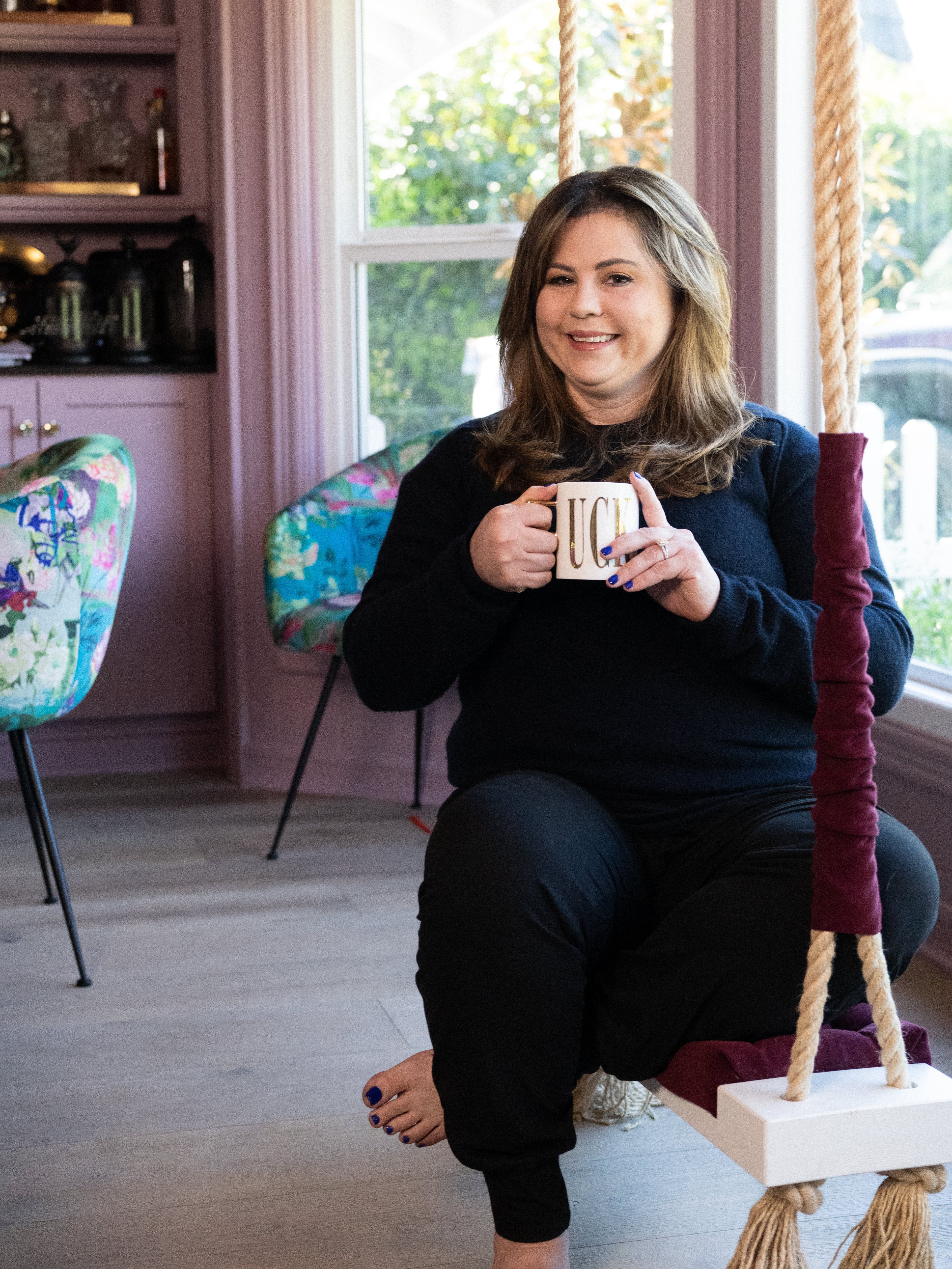
How do you decompress and practice self-care?
This ritual probably isn’t helpful for anybody, but I turn on Schitt’s Creek and decompress. I binge it over and over and over. I’ve probably seen the full series about 8 times. Even when I’m working, it’s in the background. It’s that comfort. Nothing’s going to happen that you’re not going to expect. And with my ADHD, routine is really important. So whenever I need to focus, I put on Schitt’s Creek and get a little laugh every now and then.
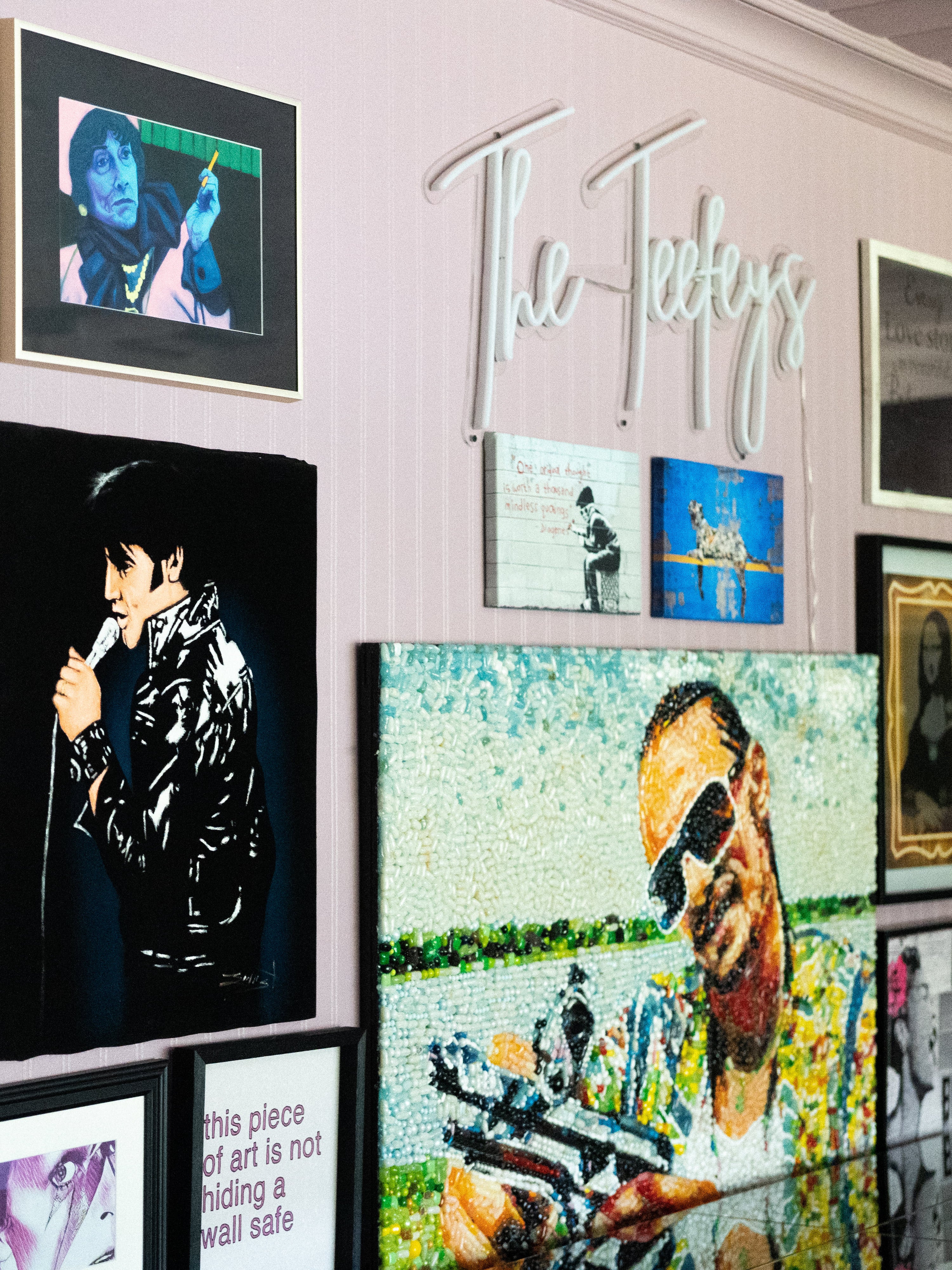
How do you garner inspiration?
One of the rituals I do for my mental health is I rent a cabin and I go there all by myself. I stay there usually 3 to 7 days. It’s really good to get out of the city, reconnect with nature, and hike. And then I take some work. That’s where I get really inspired.
What practices do you put in place when you feel yourself getting anxious?
But when I do feel down, I binge watch The Big Bang Theory or Schitt’s Creek. I don’t work. I set it aside and I don’t look at my social media. I actually go days without looking at social media and my phone. I went to a facility called Sierra Tucson and they took it away from me for 30 days. Best 30 days of my life. It was a great program. It was the first time I’d ever done it, so it was scary at first. They taught me a lot of things and they rediagnosed me. I went in thinking I was bipolar and I have really bad insomnia. I was on multiple medications, one to counter the other, to counter the other, to counter the other. I wasn’t communicating properly, and I took a lot of medication to try to go to sleep, yet I was wide awake. I looked at my husband and I said, this isn’t right.
So I went there for 30 days and they re-diagnosed me with ADHD and trauma. I tried EMDR, somatic experiencing, and then group therapy, which was really hard for me because I want to help everybody in the room and I forget that I’m there to help myself, which is the point. It was the best thing I’d ever done. And there’s been days that I think, maybe I should go back. But I get through it and it’s from utilizing the tools that they gave me.
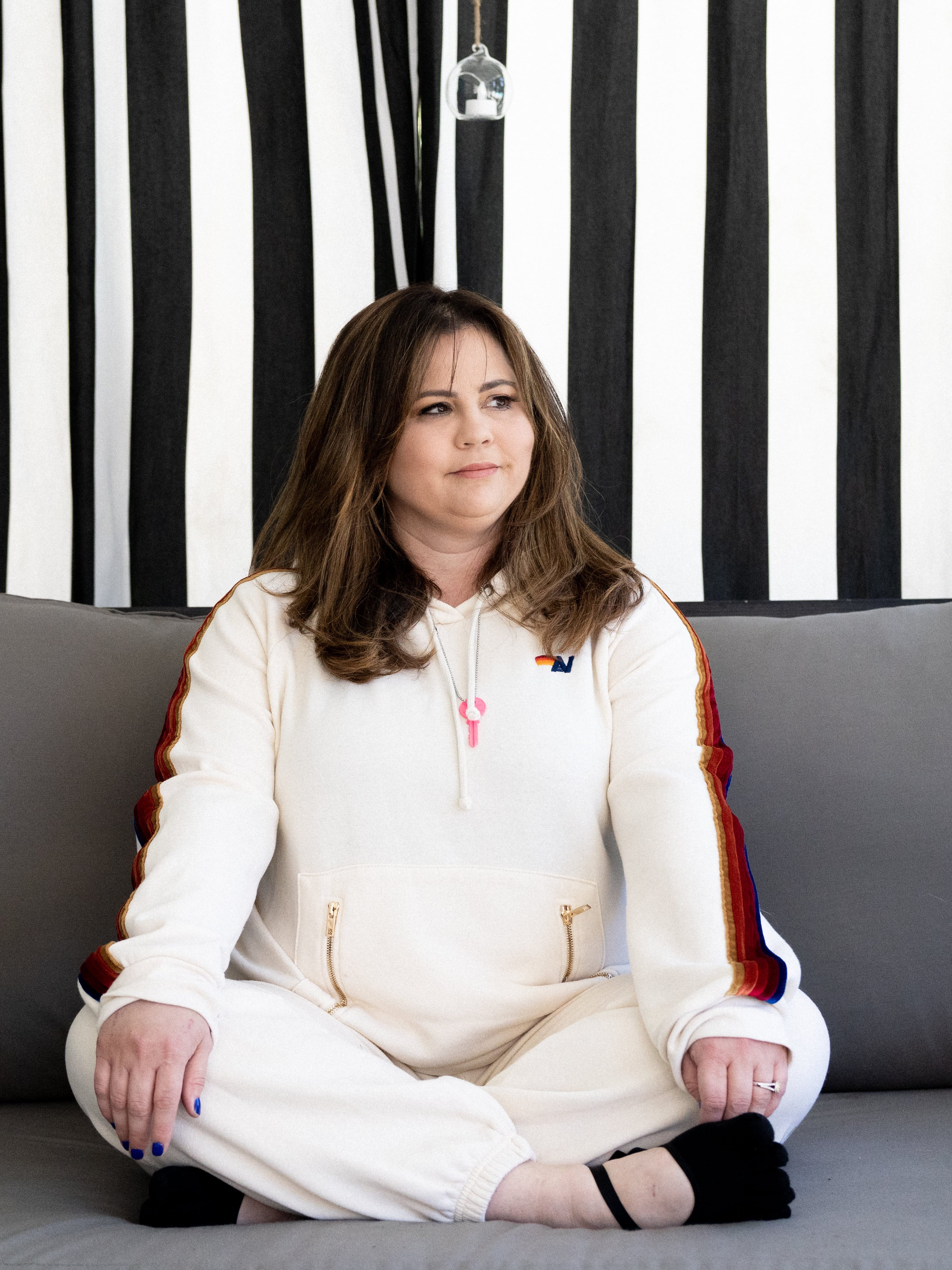
What was the time span from being diagnosed with bipolar to being re-diagnosed with ADHD and trauma?
I was diagnosed bipolar in my early twenties and tried all different types of medication. I immersed myself into bipolar to understand it and then to try to restructure and rewire my mind of how to take that diagnosis and make myself better. So I spent about 20 years on different types of medication and one of the last ones they put me on was an anti-seizure medication. And when I went into perimenopause, it started causing seizures because my body was changing hormonally. So we had to get off of that and that’s when it got into a very dangerous cocktail of medication. They were trying to calm me down, but I didn’t feel like I had a lot of the symptoms of being bipolar. I would have mania and sometimes I miss the mania. I understand when people say they don’t want to be on medication because of the mania because you get so much stuff done and then you have those periods where you get nothing done. I know it’s a dangerous place. I’m not encouraging anyone to embrace it, but I’m just being honest with how I understand that mentality.
But for me, medication has saved my life. I’m definitely pro-medication. When I got to the facility, they detoxed me off of everything, put me on a vitamin regimen, and also on safer sleeping medication. They did a lot of testing and by the time I was ready to leave, it was determined that I had ADHD.
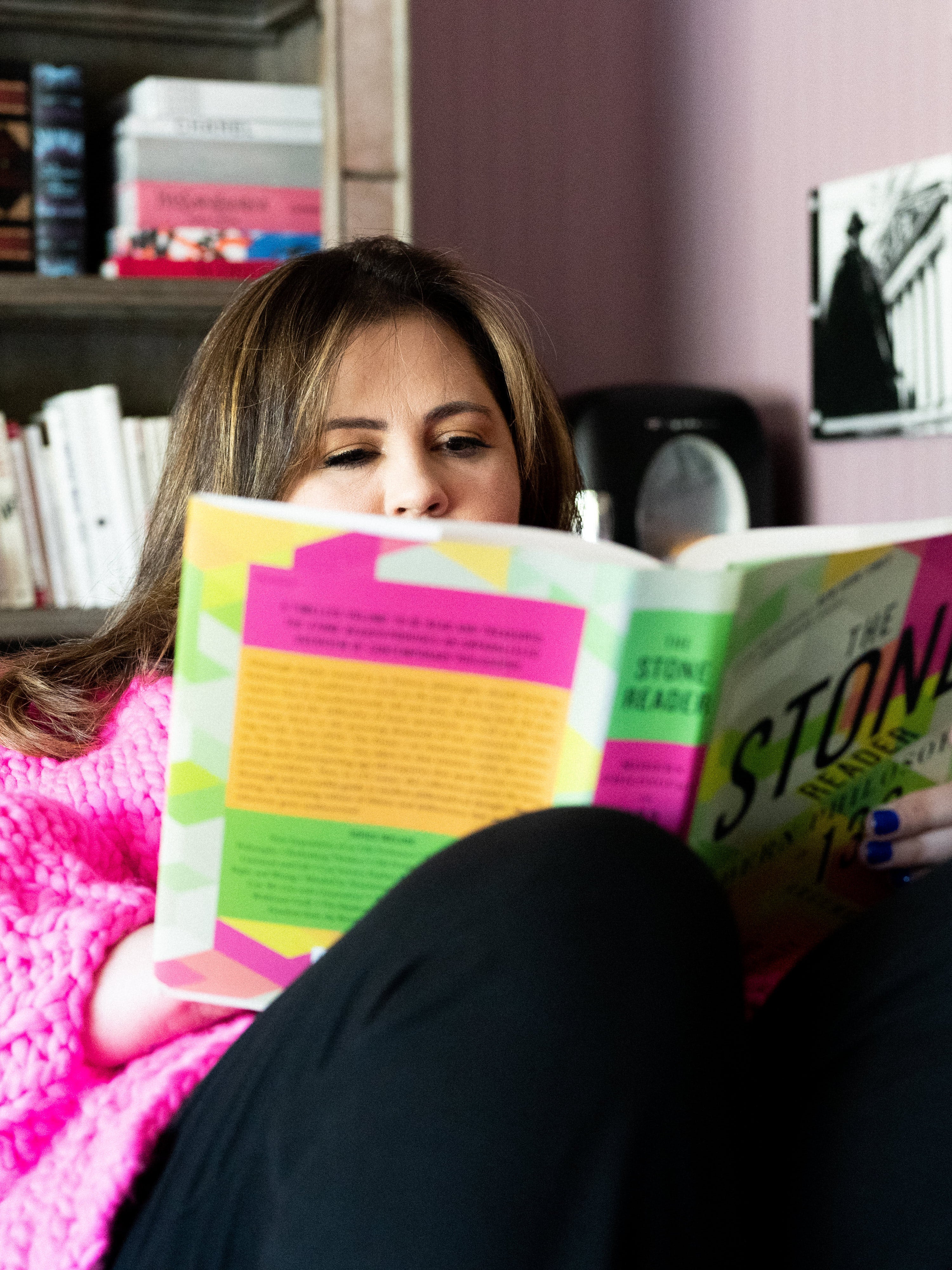
What did it feel like when you found out it was ADHD? Was it a sigh of relief? Was it more stressful?
When I found out that I had ADHD and was not bipolar, I definitely went into a little bit of a depression because I had spent 20 years figuring out how to better myself. Then I felt like I had to take all of that and restructure it again to ADHD. I spent a week on a bullet journal trying to learn bullet learning because I was hyper-focusing once they started putting me on the ADHD medication. I was a little disappointed, but relieved at the same time. I feel like ADHD has a little bit more manageable tactics that you can incorporate without medication. But when you do take medication, it’s always something you have to stay on top of. But I was a little bummed. I take Ritalin for my ADHD right now, and it’s been great.
This year you suffered from life-threatening double pneumonia. How did that impact your mental health?
While it was going on, I was fine. It was very strange. Even when they told me I had two days to live, I thought, I’m just going to do what they tell me to do and put it in their hands. And I was lucky. I had amazing doctors and nurses and a lot of high-spirited people around me. After eight days, they said it was a miracle that I came back. One doctor, when I did a follow-up, said I’m surprised you’re still around.
When I came home and went to my room to quarantine, that’s when it hit me. I thought I might not have been able to come back to this place. My room is my safe zone. It’s always consistent. It’s where I go to get away from the noise and the chaos that runs around in the house. I was lucky enough to get a room at Cedars and it felt unfair. I’m definitely still dealing with small bouts of depression and survivor’s guilt. Whenever I hear something that happens to other people, I always think, why did I survive? I guess I’m meant to do something.
Is there anything that you hold in shame or feel stigma around?
There’s a huge stigma for me and Hollywood because my daughter is an actress and you’re automatically pegged as a stage mom. I do have a resting face. So whenever I’m listening, everybody thinks I’m judging the hell out of them. And I’m really not. I’m focusing. I’m not angry at you.
The acceptance or even acknowledgment of mental health with different generations is still not there. I’ve always been open. Even when I had bipolar disorder. I wasn’t ashamed of it, but I do feel I was oddly more ashamed with ADHD because it’s diagnosed and it’s labeled as a learning disability. It’s not a mental health diagnosis. So I did with ADHD. I was like, oh, that’s why I’m so stupid. I really beat myself up. That’s why I have to have everything so organized. If there’s chaos, my brain loses it.
But I feel there’s judgment still and insecurity if you’re capable of living a great life with ADHD. The other day I posted something on Instagram because that’s how I felt. I want everybody to know that anybody can feel this way. So I’ve always been an open book that can sometimes get me in trouble.
Is there anything that is an ongoing stressor or makes you anxious?
Being a good mom. That stresses the hell out of me. The harder you try, the harder it is for your kids to really open up to you. My husband calls me a very liberal parent because my daughter watches Schitt’s Creek and she’s 8.
We’ve had conversations about things through TV, which is one of the reasons why we did 13 Reasons Why as a mother and daughter, to encourage parents to talk about it and watch it with their kids. But being a mom anyways is tough and then you bring in the LA lifestyle of a celebrity and it gets really distorted. I always try to do the right thing. And sometimes I try so hard that I do the wrong thing, so that really stresses me out.
And then there’s not wanting to give your kid your ADHD. I’m always looking at my younger one and thinking, omigosh, I hope I didn’t curse her with it, but she’s amazing and very bright and smart, so I’m not too worried about her. But you do feel that kind of guilt.
